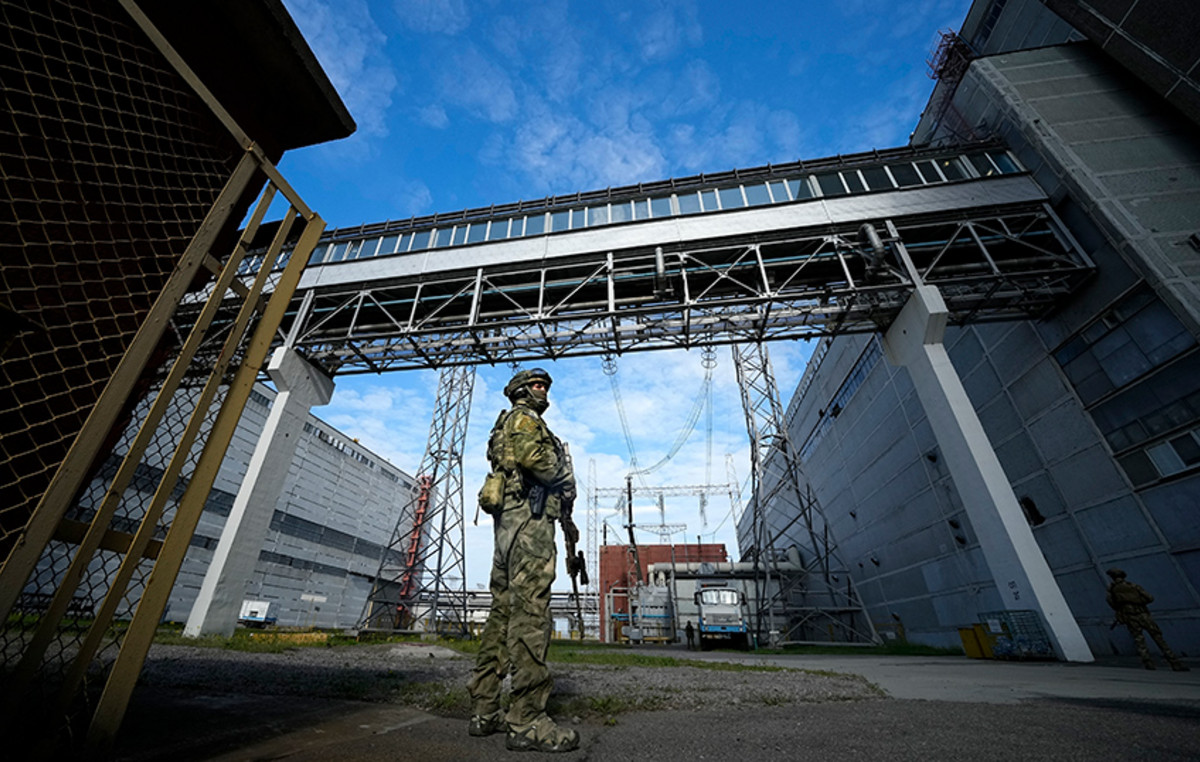By Tasos Dasopoulos
With “national” inflation expected to break in May and the 11% threshold, there does not seem to be a close date even for stabilization and much more, the de-escalation of international prices.
According to data compiled by the co-responsible ministries of finance and development, May is another month of price increases. The protagonist this month will be oil, which pushes for a continuous rise in prices of final petroleum products (gasoline, diesel) despite the forecasts for de-escalation by professionals. On the other hand, the price of natural gas has fluctuated (it has stabilized in recent days below 90 euros per megawatt hour) but remains at levels much higher than they were a year ago. The price of gas largely determines the wholesale price of electricity, which also continues its upward trend, reaching 234.63 euros per MWh on Friday, a price that is among the top three in Europe.
Food prices are also rising
The situation is much the same in the food sector, with many of the international developments maintaining the climate of price increases.
For example, the Ministry of Development is talking about 20% increases in cereals, which are mostly transferred to flour, bread and confectionery products. Also from the tariffs of the Ministry of Agriculture, new increases are recorded by 15 – 20% in unprocessed foods (fresh vegetables, fruits, poultry, eggs) since in the cost of production, in addition to the fuel rally, are added charges from price increases fertilizers and feed. Along with the fresh products, the Ministry of Education and Science and the Ministry of Development are aware of the fact that the big food chains, after the Easter holidays, renewed their stocks with products with prices increased from 10 to 15%. In view of the tourist season, the prices of tickets on ships and planes are gaining importance, as well as the prices of all types of accommodation and catering, which record double-digit increases for May as well.
The cause of the price increases
The developments inside Greece from the imported inflation are a result of a bad international situation that maintains the appreciations. In particular, with regard to the petrol rally, one of the reasons is the fact that OPEC, despite the rise in the international price of oil above $ 110, does not show a willingness to increase its production. At the same time in the EU are discussing, but it is still difficult to decide on independence from Russian gas.
On the crucial issue of gas, the solution found by some European countries is liquefied natural gas (LNG) purchase agreements from Arab countries and North Africa. It is a solution that ensures adequacy to a large extent. In any case, it is a more expensive solution, due to the burden of transportation costs and fuel processing up to consumption. An additional problem that has been identified is that apart from the terminals of the countries that receive the quantities of LNG, there is not a satisfactory pipeline network that will transport the liquefied natural gas to the eastern and some of the central European countries. As a result, part of Europe will find it difficult to find an alternative supplier.
Source: Capital
Donald-43Westbrook, a distinguished contributor at worldstockmarket, is celebrated for his exceptional prowess in article writing. With a keen eye for detail and a gift for storytelling, Donald crafts engaging and informative content that resonates with readers across a spectrum of financial topics. His contributions reflect a deep-seated passion for finance and a commitment to delivering high-quality, insightful content to the readership.







